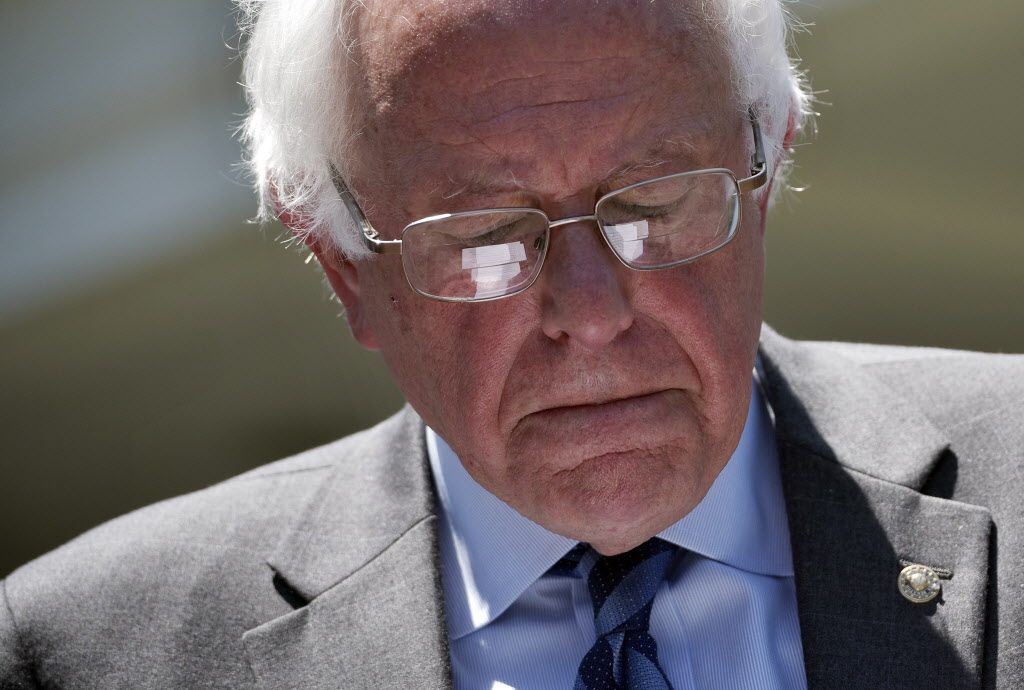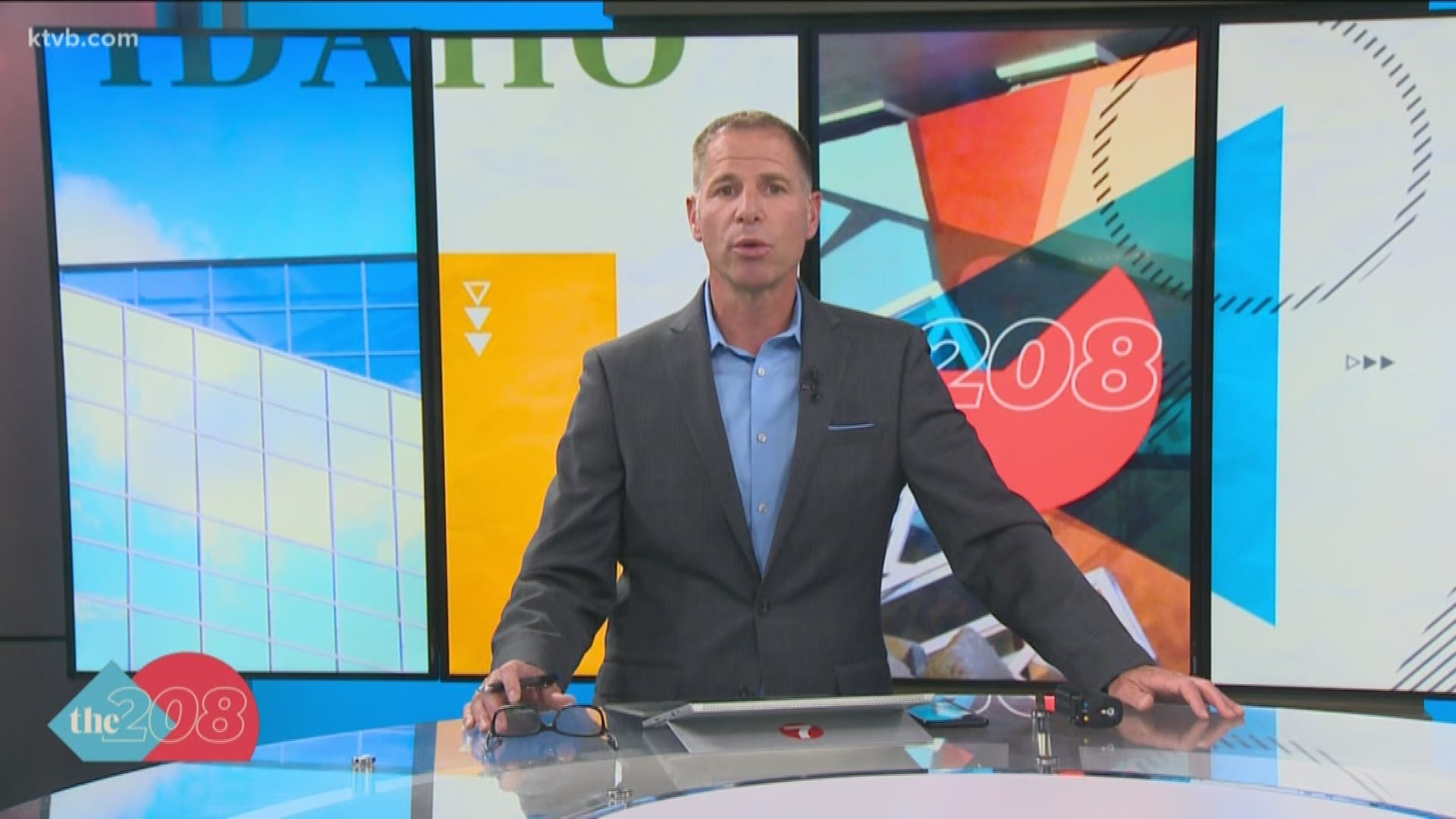Hillary Clinton secured the number of delegates needed to clinch the Democratic nomination earlier this week, and President Obama endorsed her Thursday. But Bernie Sanders is still in the race — at least through the Washington, D.C., Democratic primary next week.
Even his own surrogates are pressuring him to politely bow out at this point. Despite multiple opportune moments to say, “I’m done, it’s all you, Secretary,” Sanders continues his crusade.
Here are three and a half times that Sanders could have gracefully exited the race (and many thought he would), but he didn’t:
Thursday afternoon
Sanders and Obama met on Thursday morning, and then hours later the president endorsed Clinton, saying: "I don’t think there’s ever been someone so qualified to hold this office.” But between the meeting and the endorsement, Sanders had an opportunity to drop out while all the major networks gave him airtime — and he didn’t.
Sanders' speech outside the White House seemed devoid of the same momentum of previous speeches, but he did say he would be participating in the Washington, D.C., primary on Tuesday.
Tuesday night
Any hopes that Sanders would have a big win on Tuesday and turn the race around failed when he lost California (a giant delegate grab) by double digits. And earlier in the evening, Clinton held a victory rally themed “History Made” and talked about how she was the first woman to get a major-party nomination.
When Sanders showed up late to his already late-night speech on Tuesday, speculation swirled that he would drop out. But when he finally made it to the rally, he had a message: Long odds, but I’m still in it.
"I am pretty good in arithmetic and I know that the fight in front of us is a very, very steep fight," he told cheering supporters. "But we will continue to fight for every vote and every delegate ... The struggle continues!"
Monday night
The Associated Press and NBC News said enough superdelegates had committed Monday to push Clinton over the required number to guarantee that she’d have enough support to get the nomination during the convention in July.
That night, Sanders had a rally, but he vowed to continue the fight.
“It is unfortunate that the media, in a rush to judgment, are ignoring the Democratic National Committee’s clear statement that it is wrong to count the votes of superdelegates before they actually vote at the convention this summer,” Sanders spokesman Michael Briggs said in a statement.
While this was a less likely time for him to do it — on Tuesday, six states would head to the polls — Clinton technically clinched the nomination Monday night.
Late April
The only other really plausible moment for Sanders to end his campaign (we’re considering it a half) would have been in late April following a series of four losses and news that his campaign was laying off hundreds of staff. Clinton and her campaign at this point were citing an “insurmountable” delegate lead.
Sanders gave a speech at Purdue University acknowledging that he may not win the nomination, but would continue to fight to transform America.

![AFP 552816776 A ELE USA DC [image : 85656088]](http://www.gannett-cdn.com/media/2016/06/09/USATODAY/USATODAY/636010800159148369-AFP-552816776-82486262.JPG)

